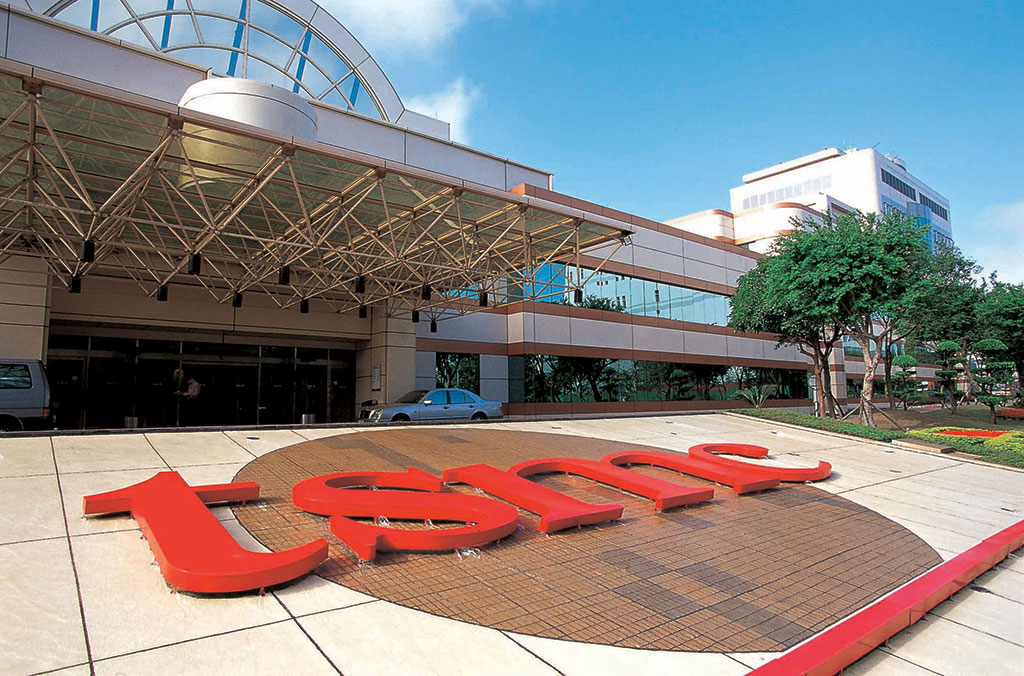Nvidia chipmaker TSMC basically just called GlobalFoundries a patent troll
TSMC has some strong words for GlobalFoundries.

Taiwan Semiconductor Manufacturing Company (TSMC) took a day to digest a series of lawsuits filed against it by GlobalFoundries, a former spin-off of AMD and one of the world's largest semiconductor fabrication companies, and then issued a curt statement saying the allegations of IP infringement are without merit. It also insinuated GlobalFoundries is acting like a patent troll.
"TSMC has established one of the largest semiconductor portfolios with more than 37,000 patents worldwide and a top 10 ranking for US patent grants for 3 consecutive years since 2016. We are disappointed to see a foundry peer resort to meritless lawsuits instead of competing in the marketplace with technology," TSMC said.
While TSMC did not use the words "patent troll," it's easy to come to that conclusion by reading between the lines. Or just by reading the lines as presented.
In case you are not up to speed, GlobalFoundries on Monday announced it had filed multiple lawsuits against TSMC in the US and Germany. According to the lawsuits, semiconductor technologies used by TSMC infringe on 16 of the company's patents.
"In filing the lawsuits, GF seeks orders that will prevent semiconductors produced with the infringing technology by Taiwan-based TSMC, the dominant semiconductor manufacturer, from being imported into the US and Germany. These lawsuits require GF to name certain major customers of TSMC and downstream electronics companies, who, in most cases, are the actual importers of the products that incorporate the infringing TSMC technology," GlobalFoundries stated in a press release.
This is a big deal because TSMC produces chips for several prominent tech companies, including Asus and Nvidia. In fact, both of those companies are named in the lawsuits, as are Apple, Broadcom, Google, Lenovo, Qualcomm, and a bunch of other tech firms.
GlobalFoundries is seeking an import ban on certain products being shipped into the US and Germany. Many of the affected products would likely be mobile devices, such as iPhones and Android handsets, but the ban could potentially apply to Nvidia's popular GeForce graphics cards as well, including its latest RTX series.
Keep up to date with the most important stories and the best deals, as picked by the PC Gamer team.
I doubt it would never come to that, though. TSMC feels the claims are "baseless" and is planning to "vigorously defend" against them. Even if a court disagrees, however, it's more likely (though not guaranteed) that TSMC and its clients would work out a royalty arrangement with GlobalFoundries.
Paul has been playing PC games and raking his knuckles on computer hardware since the Commodore 64. He does not have any tattoos, but thinks it would be cool to get one that reads LOAD"*",8,1. In his off time, he rides motorcycles and wrestles alligators (only one of those is true).


